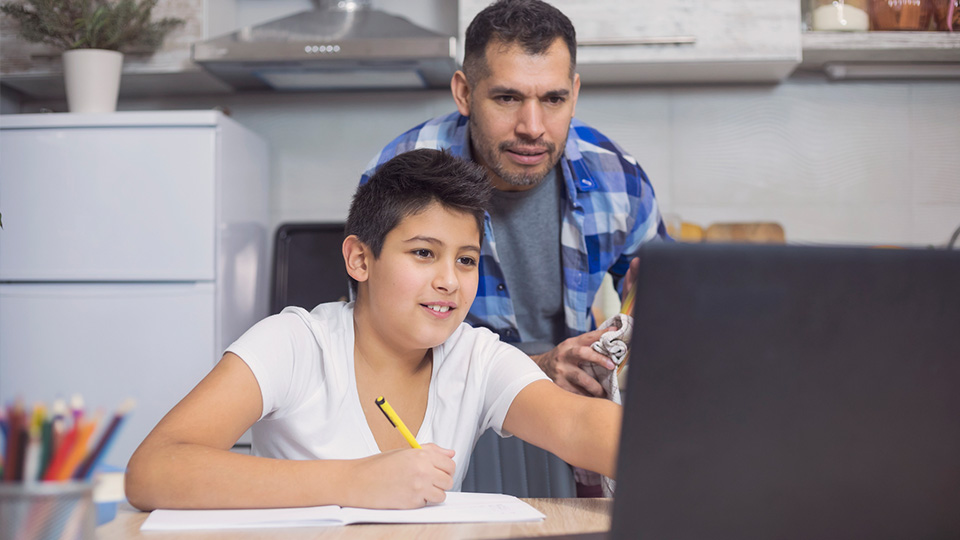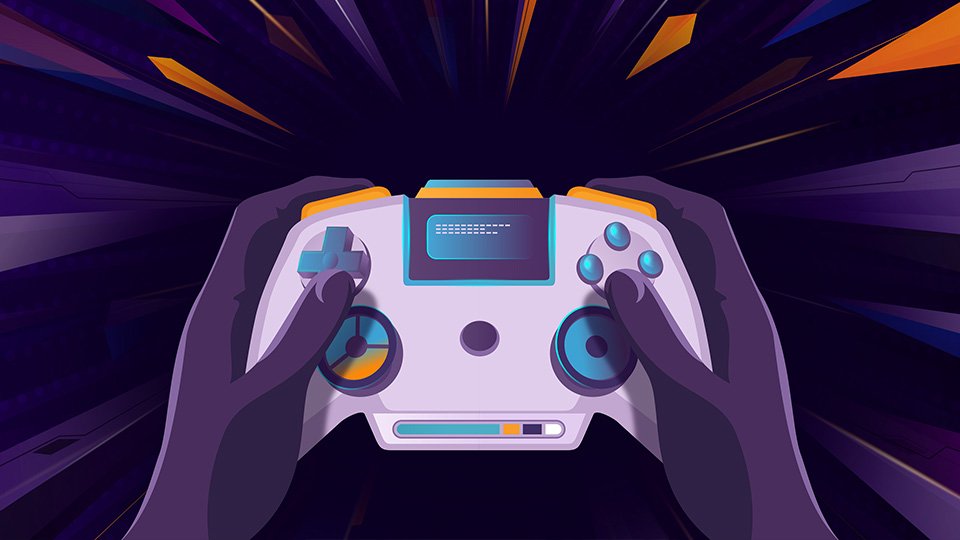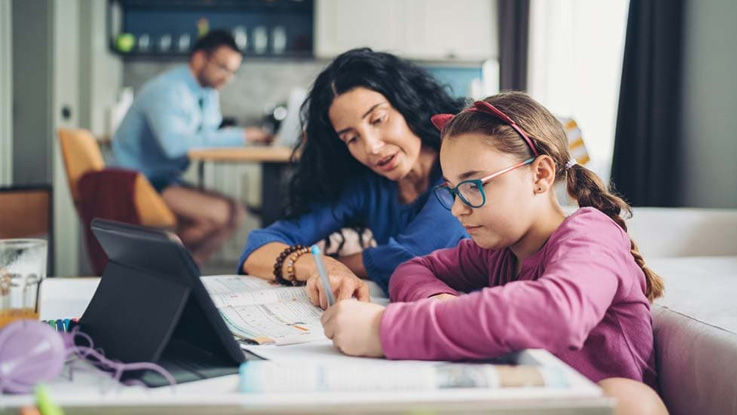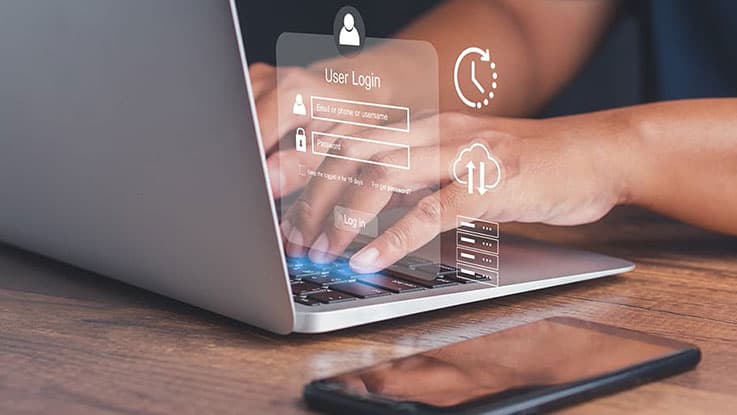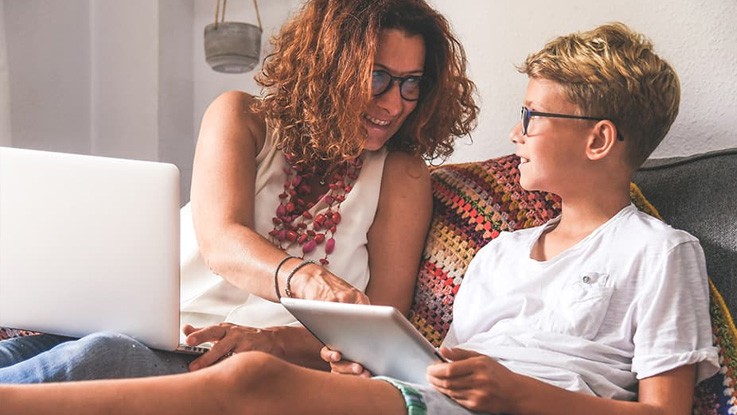
1. Take breaks from the screen
It’s okay to log off! Regular screen breaks can help reduce stress and give your brain a rest. Try:
- Turning off notifications
- Setting time limits on apps
- Doing offline activities you enjoy
Explore this eSafety article on how to manage your screen time


